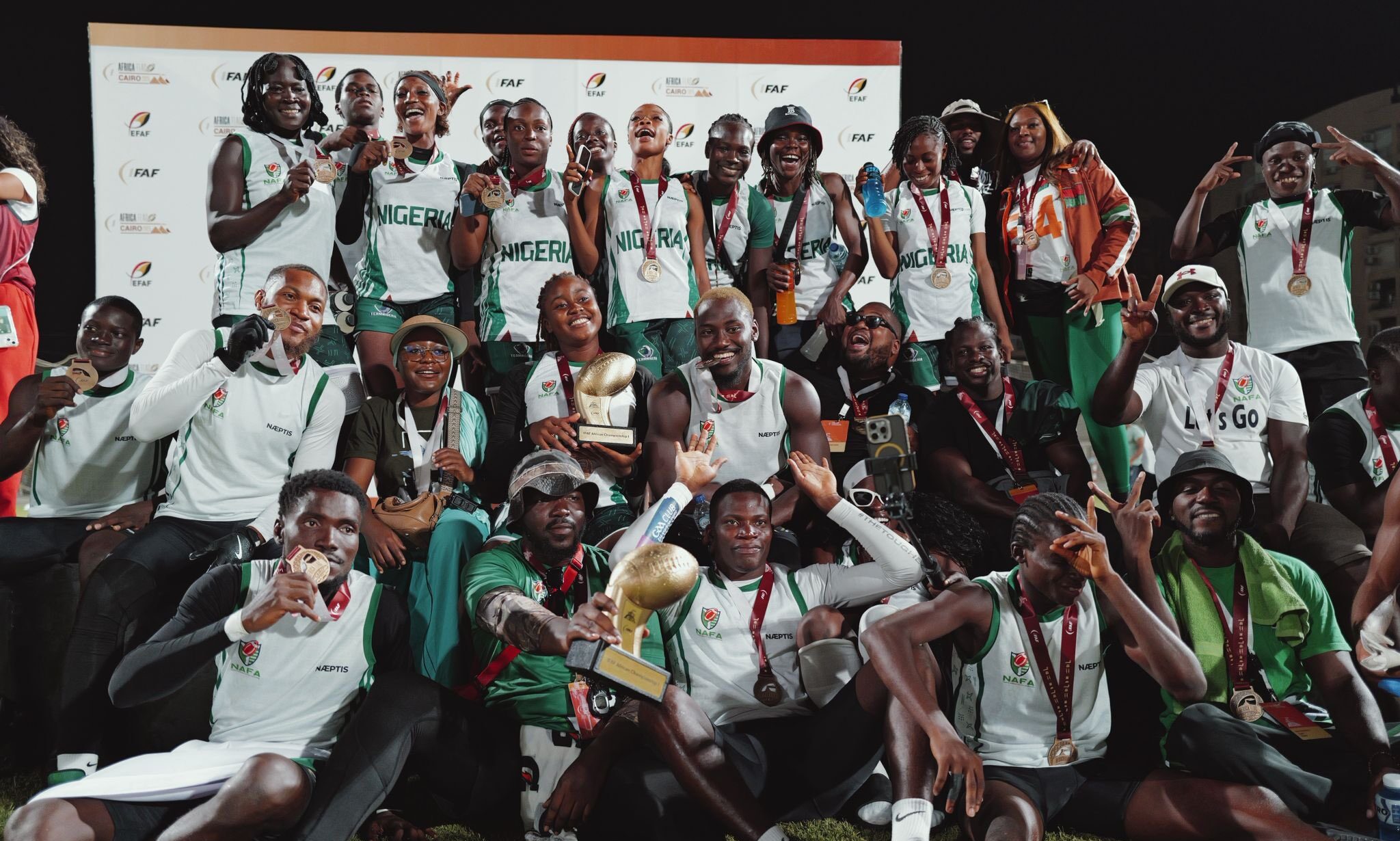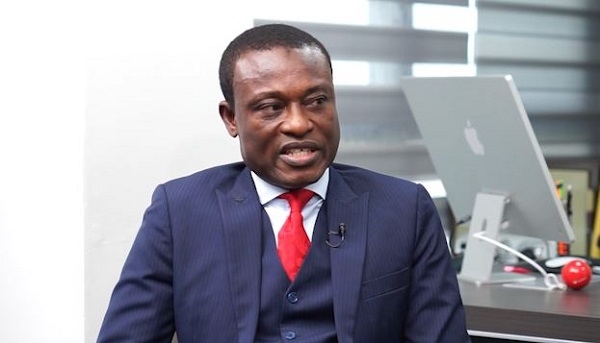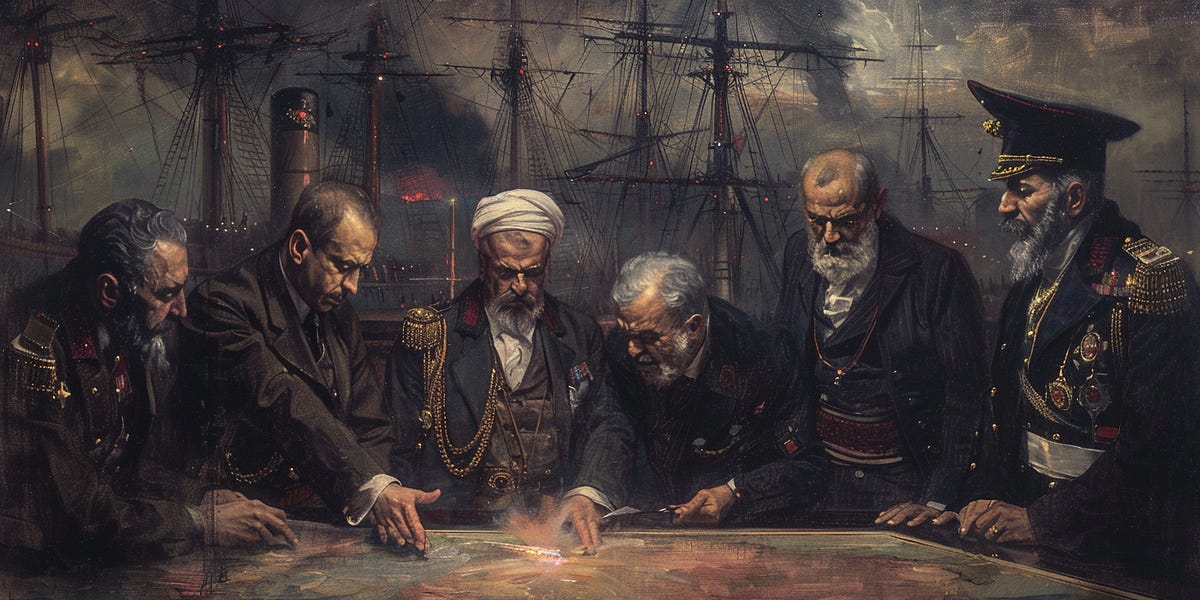Four subsea cable operators join forces to build AAE-2
_(1).jpg?width=1280&auto=webp&quality=80&format=jpg&disable=upscale)
Frederick Chui, CEO of PCCW Global; Enrico Bagnasco, CEO of Sparkle; Mohamed Nasr, MD and CEO of Telecom Egypt; and Sohail Qadir, CEO of ZOI.(Source: AAE-2 consortium members)
A consortium of four major subsea cable operators have signed an agreement to collaborate on the construction of the Asia-Africa-Europe-2 (AAE-2) subsea cable system.
The four operators are PCCW Global, Sparkle, Telecom Egypt and Zain Omantel International (ZOI).
The project aims to establish a next-generation subsea digital link connecting Hong Kong and Singapore to Italy, traversing terrestrial corridors across Thailand, the Arabian Peninsula and Egypt.
"AAE-2 will also feature strategic extensions to additional key destinations across its route, further enhancing intercontinental connectivity and supporting the growing demands of cloud services, content delivery and digital transformation initiatives across the regions," the consortium said in a statement.
By integrating both subsea and terrestrial infrastructure, AAE-2 will create a data highway between Asia, Africa and Europe.
The consortium believes the project marks a vital step in addressing the increasing demand for robust Internet infrastructure and will facilitate faster data transfer and improved connectivity across the three geographical regions.
The group did not provide any timelines for the construction of AAE-2 or disclose how much each company plans to invest in the project.
Related:Africa-1 subsea cable lands in Egypt
AAE-2 will build on the legacy of Asia-Africa-Europe-1 (AAE-1), which is a 25,000km submarine cable connecting Southeast Asia to Europe across Egypt.
This latest subsea cable system adds to the number of cables surrounding the continent and the systems linking Africa to other regions.
In recent years there has been growth from newer systems like Meta-backed 2Africa and Google-backed Equiano adding to more established systems like the West Africa Cable System (WACS), South Atlantic-3 (Sat-3) and Africa Coast to Europe (ACE).
In May 2024, Google announced it would build a subsea cable called Umoja that will connect Africa to Australia.
Egypt has become a key link point for cables connecting Africa to Europe, the Middle East and Asia.
In November 2024, Telecom Egypt and Alcatel Submarine Networks (ASN) landed the Africa-1 subsea cable system at the Ras Ghareb cable landing station in Egypt.
The same month, Telecom Egypt and Mobily signed an agreement to land a submarine cable connecting Saudi Arabia and Egypt.
In January 2024, Telecom Egypt and ZOI also partnered to establish what they called a new digital corridor connecting the Mediterranean to the Arabian Sea and Arabian Gulf.










